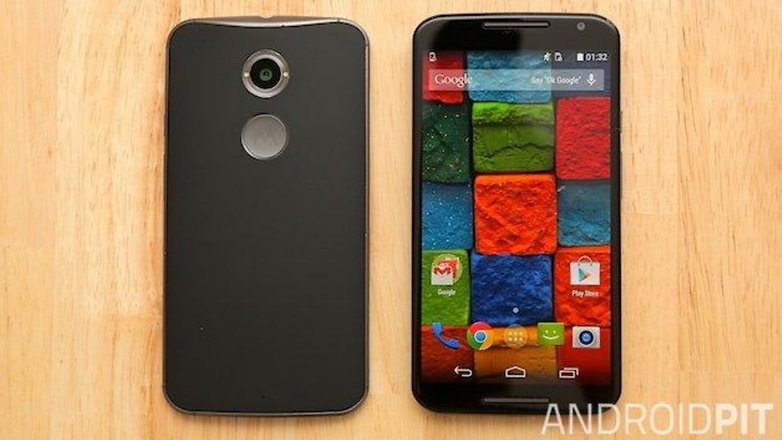The Senate Committee approved, on Wednesday (2), the conversion bill 26/2015. This bill ends the tax incentives of the so-called Good Law, which zeroed the PIS / Cofins taxes of electronic devices such as tablets, computers and smartphones. The text of the law is effective from January 1, 2016.
This convert bill amends art. 28 of Law 11.196 / 15. This article was about the exemption of PIS / Cofins aliquots for electronic devices participating in the Digital Inclusion Program. It covered desktops, laptops, tablets, modems, mice, keyboards, and of course smartphones. To be part of the program, the smartphone needed to cost up to $ 1,500, be made in Brazil and come from the factory with some Brazilian apps installed. It was this law that made it possible, for example, that the Moto X 2014 cost $ 1,499.00. An excellent price in view of the quality of the phone.
Between January 1 and December 31, 2016, the PIS / Cofins rates will increase to 11.75% of the value of the product.
However, the situation begins to improve somewhat from 1 January 2017, where this quota receives a 50% rebate to 5.875%. It is worth mentioning that PIS / Cofins increased this year, going from 9.25% to the current 11.75%. According to the bill, by 2019 these quotas would be reset again.
Our esteemed politicians have still decided to postpone the implementation of this law until next year, as this conversion law was originally due to take effect on December 1. But they decided to extend the Good Law a little further so that trade would not suffer so much on holiday shopping. So the best time to buy a new smartphone now.

Moto X is an example of a great cell phone that benefited from the Law of Good. / ANDROIDPIT
The impact of this law on the industry will certainly be horrible. That is why, initially, the PIS / Cofins exemption would end only at the end of 2018. That is, all the manufacturers that set up production lines here relied on that date to define their strategies. But suddenly the government changes the rules of the game and companies will have to pass on the damage to the consumer.
With the rise in prices of electronics, the so-called gray market grow again, with more people preferring to buy the product abroad or asking a friend / acquaintance to bring from abroad. This takes money from Brazil to other countries, decreases local sales, decreases corporate profits, which will have to lay off employees in order not to close, and so on.
And in the wake of it all, new investors and companies will fly away from Brazil and its volatile (and rightly so) policy. Thus, there are fewer competitors, which generates less investment in the sector, further increasing the financial crisis. That is, you better secure your new device before 2015 is over.
. (tagsToTranslate) smartphones (t) electronics (t) computers (t) tablets (t) notebooks (t) price increase (t) brazil
